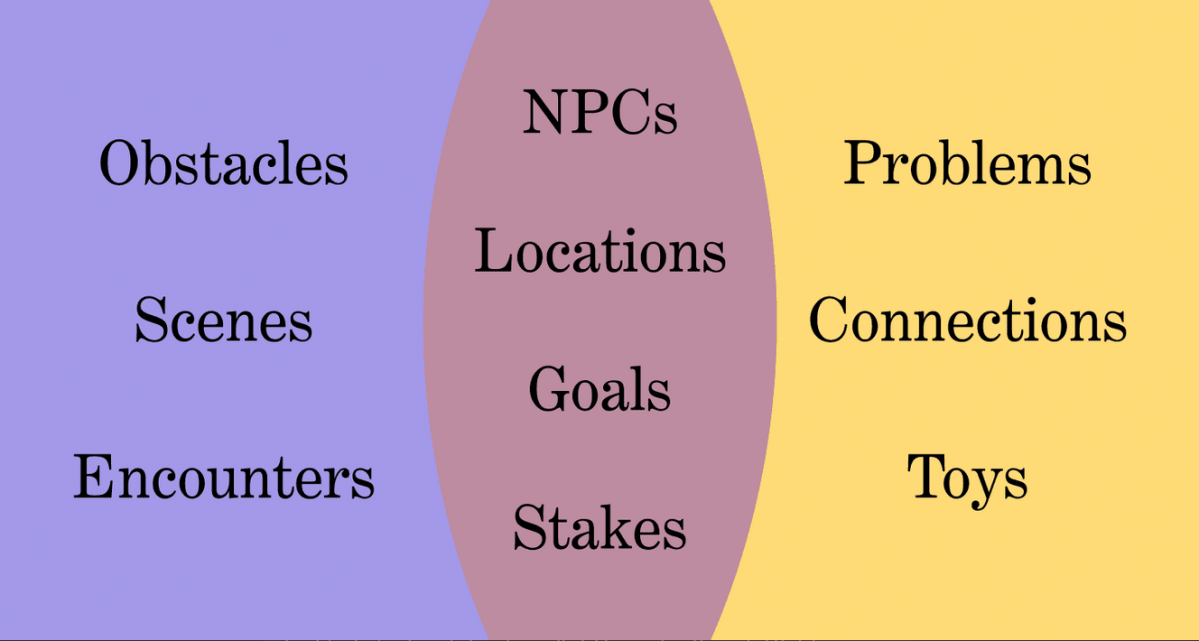I had a hard time understanding this blog. One read I was confused. Second I wondered when the point was coming. Third read I understood why it didn’t click for me - OSR (trad?) blogs are sooo meandering. Spreading out their kernels all over the place. Once I started reading like that its concepts came to me.
And it was Play to Find Out in a different package. The Plot spoken about in the article are fronts. Yup, I’m not in the OSR scene.
Also, why did it read like a recipe blog?
I agree, this reads like a reporter interviewing someone to get them to define terms they made up. This didn’t sell me on why I should want to use one style of play over another, just wistful “torturing” themself wondering if anyone still uses this mysterious style of play. It’s not mysterious. As you said, it’s just Play to Find Out.
I think it would be more useful to show the strengths and weaknesses of PtFO and as well as more scripted gameplay, because each has a place in RPGs, and knowing when to use one over another is a great skill for GMs to practice.
Old man yells at cloud. Just because the groups/campaigns he may have played in the last 20 years apparently felt limiting and anti-improv, doesn’t mean that that’s some kind of trend and things were better back in the good ol days/
I kind of agree. I feel like it’s an evolution of the medium stemming from more new DM advice being a big focus and set pieces, which I think are awesome and can lead to fun memorable stories. These high trust adventure design he mentions I do like as well, but I have to admit that they can be intimidating. It’s generally how I’ve seen Chronicles of Darkness adventures written, and they’re kind of intimidating, especially when I was a new GM, because they rely on more improvisation and storytelling ability than a new GM might have accumulated.
Modern adventures, which describe more paths and possible consequences, branches, and options explicitly, I think give more support to newbies. While it’s true we didn’t have that scaffolding decades ago, I don’t think making games more approachable is necessarily a bad thing. In fact, it’s great, our hobby has never been more popular.
On the other hand, I’m probably going to write my next adventure in a more HTT style now that I have all these ideas rolling around in my head lol. I actually liked this article and the way the terminology made me think deeper about some things.



